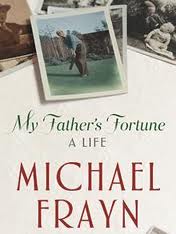The Weight of Ink by Rachel Kadish
The Weight Of Ink By Rachel Kadish
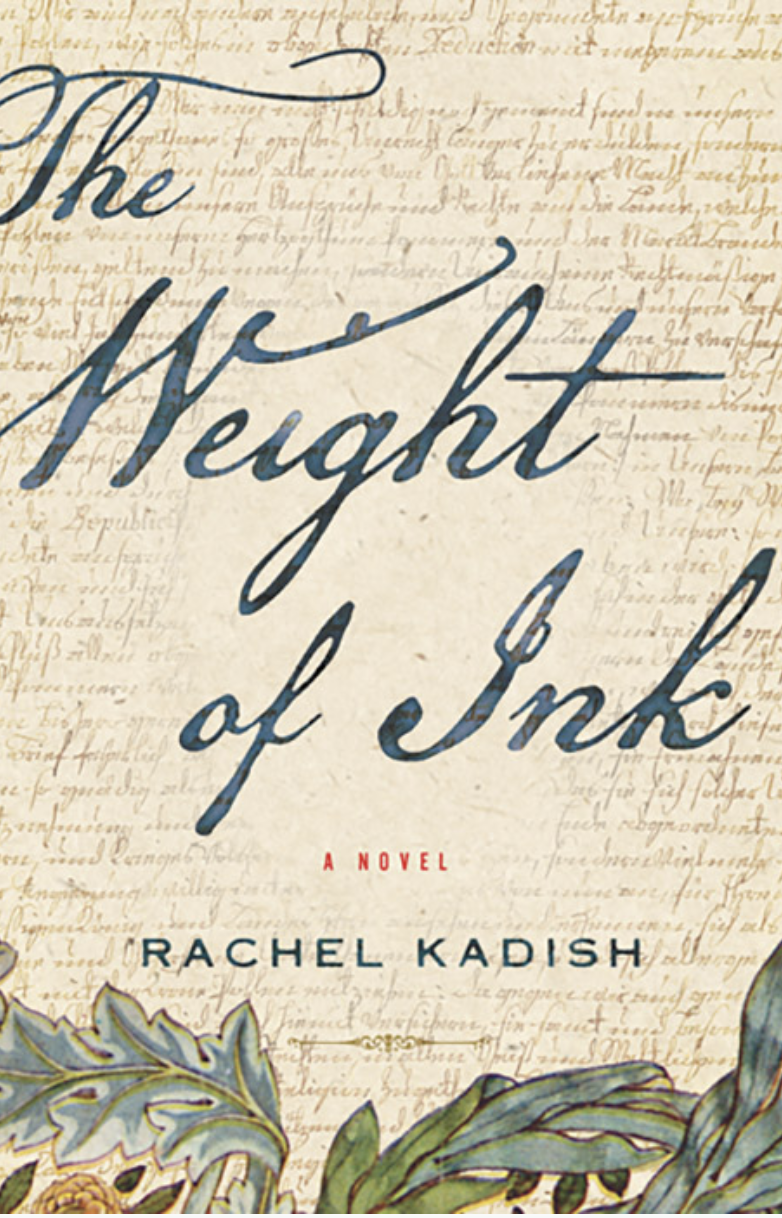 This is an unusual and very interesting storyline. The narrative toggles back and forth between modern day London and Amsterdam during the 17th century. A removable panel in a wall behind the stairs in a lovely home in modern day London is discovered to have a trove of documents written in the 1600s. Helen Watts, a woman professor and a graduate student, Aaron Levy, begin to extract and translate these documents, which are mostly in Portuguese, Hebrew, and English. The majority of these old papers were written by a well-known, blind rabbi’s personal scribe. The scribe allowed the rabbi to carry on correspondence with some of the great intellectuals of that time in various parts of the world. The modern day professor and her graduate student make an amazing discovery that the scribe was actually a young woman by the name of Ester. Of course, it was unheard of that a woman at that time would be well-educated and able to carry on such a high level of intellectual writing and reading. The story gets more complicated as a competing high-powered intellectual team also gains access to the documents and realizes the significance of them. The reader follows the unfolding of the story as each chapter moves back and forth more than 300 years. The modern day translators realize that the young woman scribe had on her own taken up a correspondence with some of the intellectual giants of her time including Spinoza while signing her name with a pseudonym. As the reader is whipped back and forth with alternating chapters being in the past or present, there is an opportunity to learn the details of the private lives of not only Ester and the people around her, but also about the private lives of Helen, the professor and Aaron the graduate student. One aspect of the distant time period is that there was a deadly plague sweeping London and the rest of the world. (Sound familiar?).
This is an unusual and very interesting storyline. The narrative toggles back and forth between modern day London and Amsterdam during the 17th century. A removable panel in a wall behind the stairs in a lovely home in modern day London is discovered to have a trove of documents written in the 1600s. Helen Watts, a woman professor and a graduate student, Aaron Levy, begin to extract and translate these documents, which are mostly in Portuguese, Hebrew, and English. The majority of these old papers were written by a well-known, blind rabbi’s personal scribe. The scribe allowed the rabbi to carry on correspondence with some of the great intellectuals of that time in various parts of the world. The modern day professor and her graduate student make an amazing discovery that the scribe was actually a young woman by the name of Ester. Of course, it was unheard of that a woman at that time would be well-educated and able to carry on such a high level of intellectual writing and reading. The story gets more complicated as a competing high-powered intellectual team also gains access to the documents and realizes the significance of them. The reader follows the unfolding of the story as each chapter moves back and forth more than 300 years. The modern day translators realize that the young woman scribe had on her own taken up a correspondence with some of the intellectual giants of her time including Spinoza while signing her name with a pseudonym. As the reader is whipped back and forth with alternating chapters being in the past or present, there is an opportunity to learn the details of the private lives of not only Ester and the people around her, but also about the private lives of Helen, the professor and Aaron the graduate student. One aspect of the distant time period is that there was a deadly plague sweeping London and the rest of the world. (Sound familiar?).
This book develops into a page turner, which includes intrigue, romance, death and dying, and a lot more. At times, the language was felt by this reviewer to be somewhat obtuse and even a little difficult to follow. However in the end, we appreciated that we have been taken through an original fantasy, which not only highlighted the intellectual trials and tribulations of a particular time period but also provided insight into the human psyche.
This book not only reflected themes of power and freedom of expression, something that Ester could not do as a woman, but also towards the end of the book Ester struggles whether or not she would want her words to live on, even if not attributed to herself herself but known by the content. This raises an interesting question about how any author looks to the future and how important is their own personal posterity as compared to the creativity they bring to their pages.

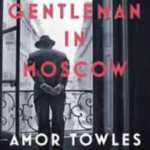
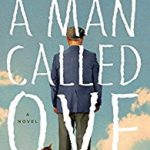
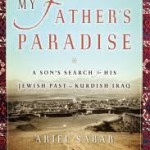
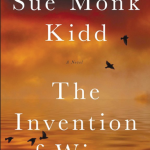
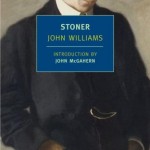

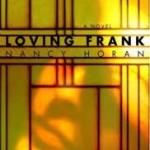
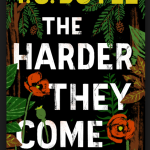

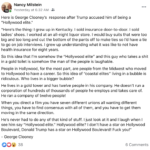



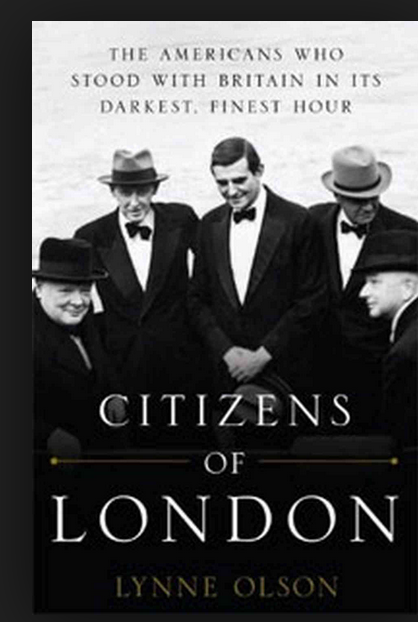 Citizens of London: The Americans Who Stood With Britain In Their Darkest Hour by Lynne Olson
Citizens of London: The Americans Who Stood With Britain In Their Darkest Hour by Lynne Olson